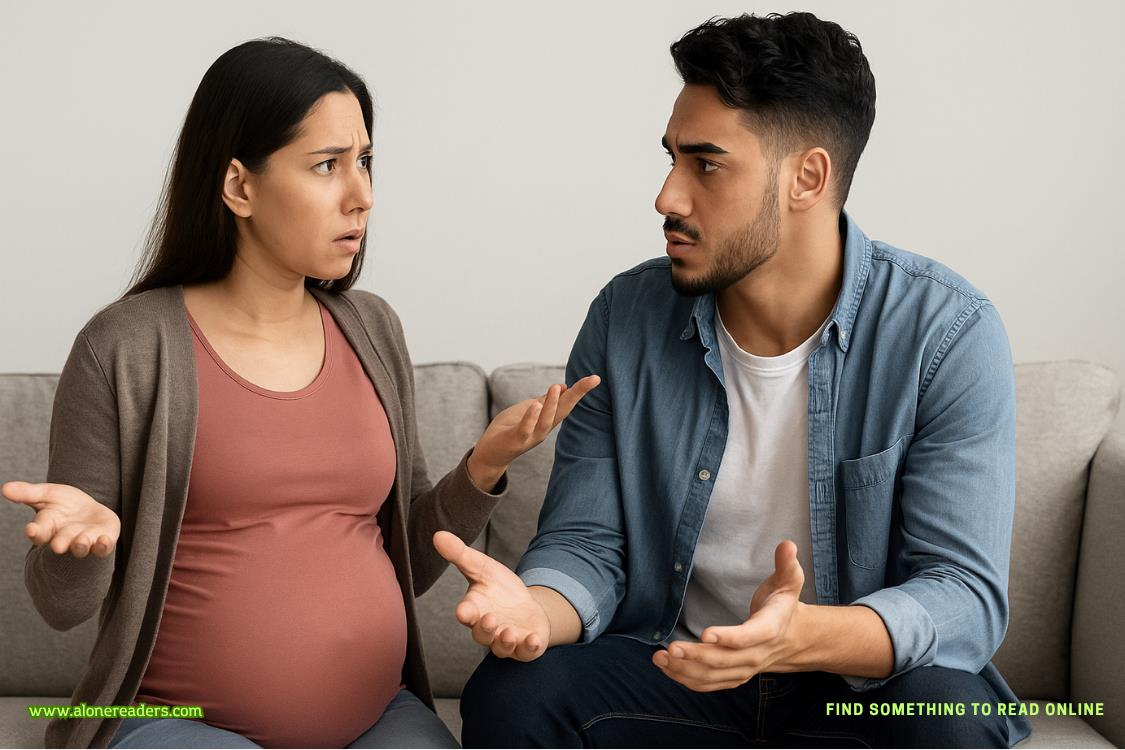He seemed to interpret this as she’d intended as he glanced at the screen in the corner, behind which lay the chamber pot, and left her. As soon as the door closed, she sat quickly and put her hand beside the lamp. No sign of ink on her fingers. Had she imagined the papers and the hand that had been writing or had the ink washed away?
She smoothed her hair down and blew out a frustrated breath. Her head would begin to ache again if she continued to prod at her memory. Instead, she found her brush, tried to comb through the long, thick mass, and ended up plaiting it and tying it with a simple ribbon. She heard the clink of silverware and plates, so she made sure her robe was securely closed and joined her husband in the sitting room.
The drapes had been closed and a fire crackled in the hearth. If she listened, she could hear the distant crash of the waves on the shore. Several lamps had been lit, illuminating watercolors on the walls. Most depicted the shoreline. On the table were two plates, two wine glasses, and forks and spoons. Simon came through the kitchen with a basket of bread. He smiled at her as he set it on the table. “You’re looking better already. I’ll be back with the stew.”
Marjorie took her seat at the table, the smell of the fresh bread making her belly rumble again. Did he always serve her like this? It seemed a rare thing in a man, though that was all the knowledge her mind would allow. Marjorie wished she could remember her parents or some other couples to test this theory. Simon came through the door again, carrying two bowls filled with stew. He set one before her then put his own down on the plate across from her. Finally, he lifted a bottle of red wine and poured them both half a glass. “You probably shouldn’t have too much of that,” he cautioned as he took his seat.
Marjorie lifted her glass. “At this point, I’m willing to try anything. Perhaps I might remember more drunk than sober.” She sipped the wine, which tasted of blackberries and oak.
“I’m not a doctor, but I suspect a head injury and an overindulgence in wine might not be a good mix.”
“You’re right. My skull hurts enough as it is.”
He cocked his head. He looked rather handsome when he did that, his brown hair falling over his forehead in a manner that made her want to run a hand through it. “It’s strange how you seem to know that drinking too much will cause a headache, but you can’t remember why you were out last night or where we are.”
She rather thought she knew why she was out last night—to seek out a magistrate. “Perhaps I might begin to remember if we talk about it. Where are we? I think we are in England, yes?”
“So you know countries. Do you know any of the counties? Herefordshire? Dorset? Sussex? We’re in Cornwall. Is that at all familiar?”
“Vaguely.” Marjorie set down her spoon and dabbed her napkin at her mouth. “Cornwall seems familiar, but I couldn’t say why. The name Westminster keeps coming to mind. Is that a county?”
“No, that’s a part of London. You’re frequently in Westminster, so it makes sense you’d remember that.”
“Why am I in Westminster? Is that where I live?”
“You could say that.”
Was it her imagination or was he being deliberately ambiguous? Was there something about Westminster he didn’t want her to know?
“How did we meet?” she asked. Surely their love story would jog something in her brain.
“Good question,” he said then lifted his wine glass and drained it. “Would you like more?” he asked, lifting the bottle. She’d barely touched hers.
“No, thank you.” She waited for him to proceed with the story of their first meeting, but he was concentrating on his meal. “Do you not remember how we first met?”
“Oh, I remember,” he said with a small shake of his head. “We have a mutual acquaintance who introduced us. Lord Melbourne.” He raised his brows at her, obviously hoping the name would be familiar.
She shook her head. Interesting. She had acquaintances in the peerage. “Go on,” she said. “Where were we?”
“In his offices. You were meeting with him when I arrived.”
“Was it love at first sight?” she asked.
He stared at her for a long moment. “Er—no. In fact, I don’t think you liked me at all.”
“Why not?” Except for the fact that the man was a traitor, she couldn’t see why anyone wouldn’t like Simon Burrows. He was considerate, attentive, attractive, and he dressed far better than any other man she knew—not that she could remember those men at present, but she had a feeling.
“No idea, but I won you over—slowly and surely over the years.”
“We’ve known each other for years?”
“About four.”
“But we’ve only just married?”
“Just a few days ago.”
“How do I know this Lord Melbourne?”















